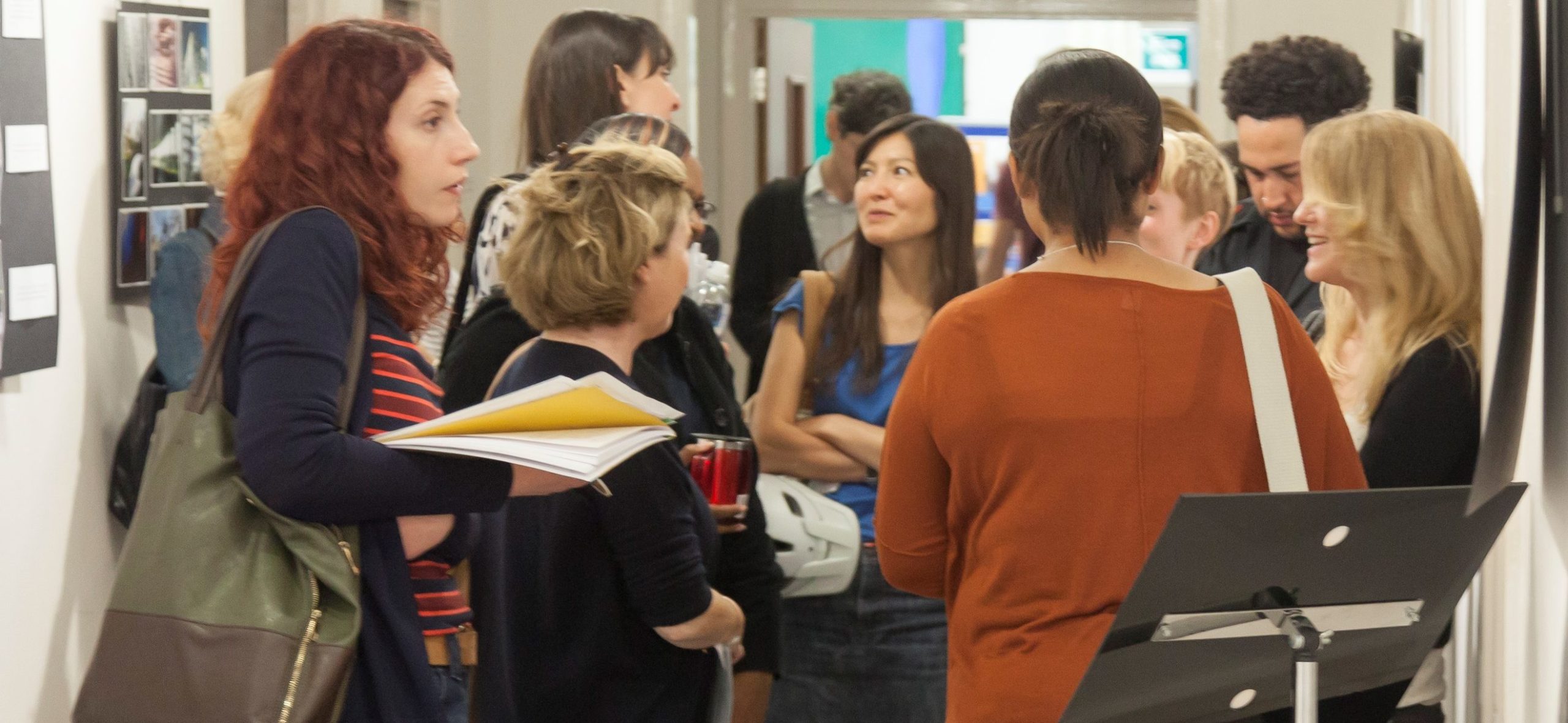
Why study with us
Study in a unique NHS environment with a vibrant student community and learn from our expert clinician tutors
One of the unique things about our approach is that we provide teaching and training from a variety of theoretical perspectives – systemic, psychoanalytical and developmental, for example. These perspectives can both complement each other and sit in creative tension with each other.
We believe people learn differently when they live through and experience things for themselves as well as through reading and lectures. Many of our courses have an experiential learning component in the teaching, such as a regular experiential group, attending a group relations conference, a work discussion or reflective practise group or live supervision.
What these all have in common is the ‘here and now’ experience of group dynamics and systemic processes being lived through, noticed and understood, with the help of an experienced facilitator.
Part of their role is to help the group to notice conscious and unconscious processes and to think about the roles individuals take up or are given in group contexts. This includes thinking about leadership and followership, and how participants communicate and use their own authority.
Meet our students
We’re proud of our students. Together, their varied backgrounds and experiences create a diverse and exciting culture that’s welcoming to all
Meet our clinician tutors
The staff that treat our patients also teach our students. Their knowledge and expertise help to make learning at the Tavi a unique and engaging experience
A further unique dimension of our teaching approach is the importance of observation and the development of observational skills. We have a long history of helping students understand the value of observation in practice through undertaking observations of families, organisations, babies and young children. Observation is another way in which learning happens.
Much of our teaching focuses on relationships between people and is informed by attachment theory, developed by John Bowlby during his time working at the Clinic, and the ‘British Object Relations’ scholars.
Systemic approaches build on this further to view challenges and possibilities as existing in relationships, addressing them through a wide variety of relational approaches.
Many of our courses offer a strong focus on reflective practice and resilience building and include, for example, understanding the impact of issues of power differentials, contexts, societal discourses, authority and difference and how these influence the dynamics of relationships as well as skills in dealing with the complex dynamics of decision making.
Testimonials
Most of our educators are experts in their clinical domain and support your further development to equip you to make a thoughtful and long-lasting contribution to your work in health, mental health, social care, education and criminal justice.
All our teaching is research and evidence-informed and through conducting their own research, our doctoral students contribute to the evidence base that informs future practice.
What we teach
We offer a range of courses covering a variety of subjects for many levels and abilities
Student life
Whether you study with us for five hours or five years, we’ll ensure that your time is academically and socially engaging and worthwhile
Course pathways
Students often progress from course to course to achieve their goals and develop their careers